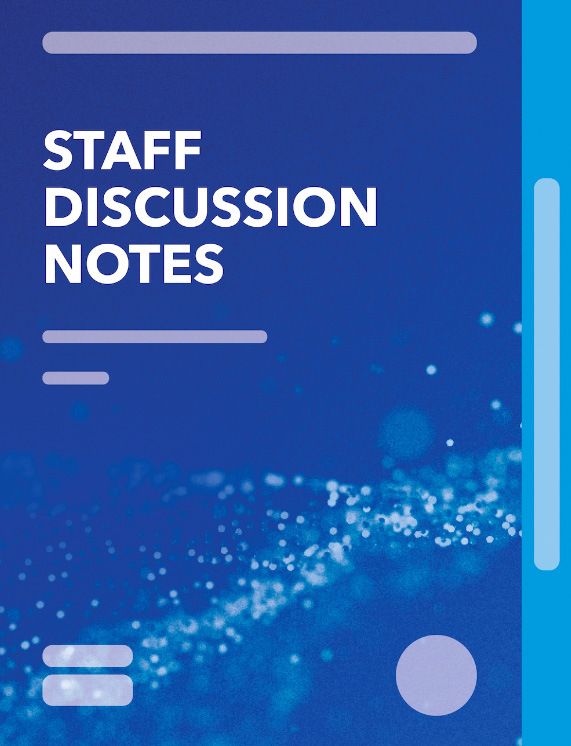Economic Governance Reforms to Support Inclusive Growth in the Middle East, North Africa, and Central Asia
January 13, 2021
Disclaimer: The views expressed herein are those of the author(s) and do not necessarily represent the views of the IMF, its Executive Board, or IMF management.
Summary
This IMF Departmental Paper presents the key areas in which countries of the Middle East, North Africa, and the Caucasus and Central Asia (MECA) can enhance governance and fight corruption to achieve their economic policy goals. It draws on advances that have already taken hold in the region.
Subject: Anti-money laundering and combating the financing of terrorism (AML/CFT), Corruption, Fiscal governance, Fiscal transparency, Inclusive growth, Institutional governance, Middle East and Central Asia, Revenue administration transparency and accountability
Keywords: Corruption, EconomicGovernance, Good Governance, Inclusive Growth
Pages:
---
Volume:
2021
DOI:
Issue:
001
Series:
Departmental Paper No 2021/001
Stock No:
EGRSIGEA
ISBN:
9781513520759
ISSN:
2616-5333





